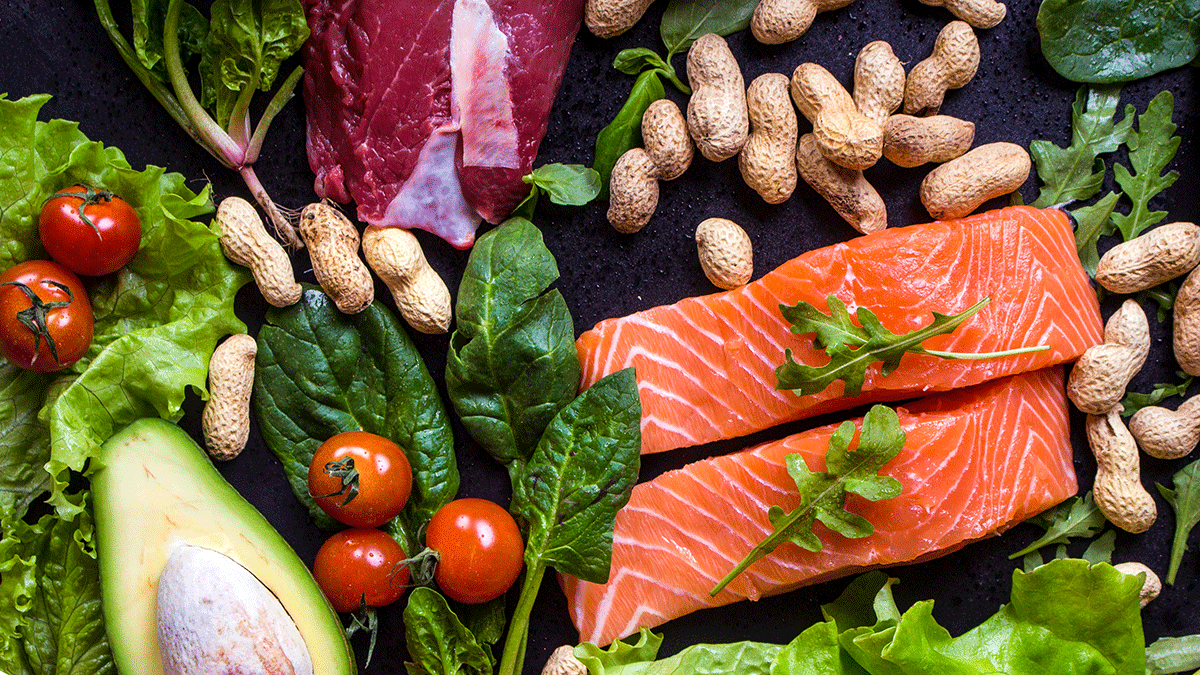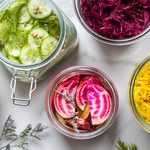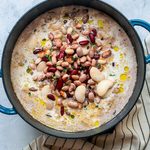Breast Cancer Diet: Exactly What To Eat When Getting Treatment
Knowing what to eat is challenging when undergoing treatment, but here’s how you can get the most benefits from creating your own diet plan.

Undergoing treatment? Create a breast cancer diet plan
There is no one-size-fits-all solution when it comes to what to eat while undergoing cancer treatment, says Megan Morrison, a registered dietitian at the Princess Margaret Cancer Centre in Toronto. Creating a nutrition plan depends on the individual, cancer diagnosis and side effects of treatment.
Nutrition plans can vary based on the cancer site, stage and/or planned treatment that the individual receives.
Get your protein
That said, there are common goals when creating a nutrition plan: Maintaining and improving nutritional status and reducing the risk of malnutrition.
Morrison says that foods packed with good-quality protein, such as fish, poultry, beans, lentils, chickpeas, nut butters and nuts, are crucial to help the body heal while rebuilding the immune system and strengthening muscles.
Always stay hydrated
Some treatment side effects, such as nausea, vomiting, sore mouth and throat, taste and smell changes, low or decreased appetite, weight loss, constipation and diarrhea, can impact your nutritional intake.
With nausea, especially if it’s severe, Morrison says that fluids are important to prevent dehydration, so drinking water – first and foremost – or 100 percent juices or eating soup is a good idea.
It’s all about timing your food
Of course, solid foods are essential, but she suggests eating solids and drinking liquids separately. You don’t want to fill up on liquids before eating calorie, protein and nutrient-rich solids.
Eating small, bland snacks (avoid super-spicy, fatty, greasy foods) throughout the day is a good idea, too, as skipping meals can make nausea worse. And it’s good to be mindful of temperature. “We recommend trying colder food items because they don’t smell as strong,” she says.
Making every bite nutritionally dense and high in calories and protein is key so that you get the most benefits from the smallest amount.
“If someone is having an omelette, instead of having a plain omelette, add shredded cheese and avocado,” she suggests. “If someone is trying vegetables or mashed sweet potatoes, add olive oil to those foods when cooking them.”




